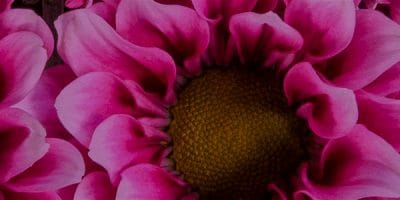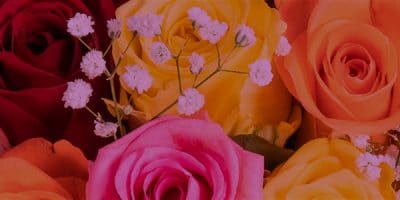Diwali 2020: Significance, History of Diwali and How to Celebrate Diwali

The festival of lights is arguably India’s most favourite festival and one that lights up not just the home but also the mood of the people.
Significance & History
Usually celebrated on the 15th day in the holy month of Kartik, Deepawali or Diwali means a row of lights in Sanskrit. This year the festival is being celebrated between Nov 12-16 and celebrates victory over evil and light over darkness. Celebrated almost across India, except in Kerala, the festival is celebrated with crackers, sweets and prayers to Goddess Lakshmi. With a history of over 2500 years, the festival marks the return of Lord Rama and his wife Sita to Ayodhya after spending 14 years in exile. In most part of South India, the festival celebrates the slaying of demon Narakasura by Lord Krishna. The festival finds mention in both the Padma Purana and the Skanda Purana as well. It is also celebrated by Jains, Buddhists and Sikhs. In Jainism, Diwali is celebrated as the day Lord Mahavira attained his spiritual awakening while in Sikhism, it marks the day that Guru Hargobind Ji, the Sixth Sikh Guru was freed from imprisonment.
Let There Be Light
Diwali is celebrated over five days and the first day is Dhanteras, or Dhanatrayodashi and is dedicated to Lord Dhanvantari, the god of medicine and incarnation of Lord Vishnu. It is believed that on this day he brought Ayurveda and the nectar of immortality to mankind. It is also believed that it was on this day that Goddess Lakshmi was born as a result of the churning of the ocean. Therefore, many people perform a special Lakshmi puja and buy gold and other metals as a sign that they will be wealthy through the year.
The second day is Naraka Chaturdasi or Chhoti Diwali. On this day Goddess Kali and Lord Krishna killed the demon Narakasura and Goa celebrates by burning his effigy. The third day is Amavasya, the new moon day which is the darkest day of the month when Lakshmi is worshiped in the evening. Goddess Kali is worshiped on this day in West Bengal, Odisha and Assam and this is the main day of the festivities in South India.
The fourth day is celebrated as Govardhan Puja in North India to commemorate the day when Lord Krishna defeated Indra, the God of rain. Gujarat celebrates this day as the start of a new year while in Maharashtra, Karnataka and Tamil Nadu, this day is celebrated as Bali Pratipada or Bali Padyami the day Lord Vishnu killed the demon king Bali. The fifth day is Bhai Dhuj and is about celebrating sisters. Brothers and sisters celebrate their bond on this day.
Celebrate in Style
Diwali also witnesses diverse celebrations across the varied states. Andhra Pradesh celebrates with the recitation of Harikatha as a form of prayer to Lord Vishnu while in Maharashtra people build mud forts as replicas of forts that were once ruled by Shivaji. Tamil Nadu has a tradition of cleaning a vessel and also making a herbal medicine marundhu while ‘Gharondas’ or mud houses are built inside homes in Jharkhand, Bihar and Uttar Pradesh. Buddhi Diwali is celebrated in Himachal Pradesh after a month and in Orissa kaunria is a special ritual for Diwali. Punjab celebrates Bandi Chhor Diwas on Diwali and the golden temple is lit with thousands of earthen lamps.
Being a family festival, Diwali is a festival that everyone at home looks forward to. Diwali celebrations typically start with a deep cleaning of homes after which they are decorated with festive hues. Flowers of course are an important part of these decorations – where you will see flowers on the doorway as well as inside the home. Diyas and rangoli add to the festive look at home. Most people wear new clothes and worship Goddess Lakshmi.
A key element of the festival is fireworks and it is common that most households burst crackers. This trend has waned slightly due to ecological reasons. Sweets and gifts are shared on this festival. Several communities consider it auspicious to play cards on Diwali as they believe that winning money will lead to yearlong prosperity. Flowers of course are an intrinsic part of the celebrations and it is considered a symbol of good luck to float red rose petals in a clear bowl during Diwali. The festival of lights is important as it is a symbol that light will always prevail over darkness, a thought we could all use, especially in the times we live.





